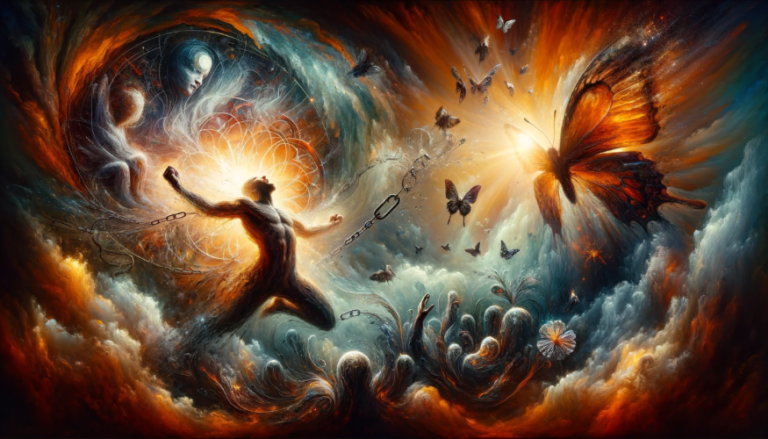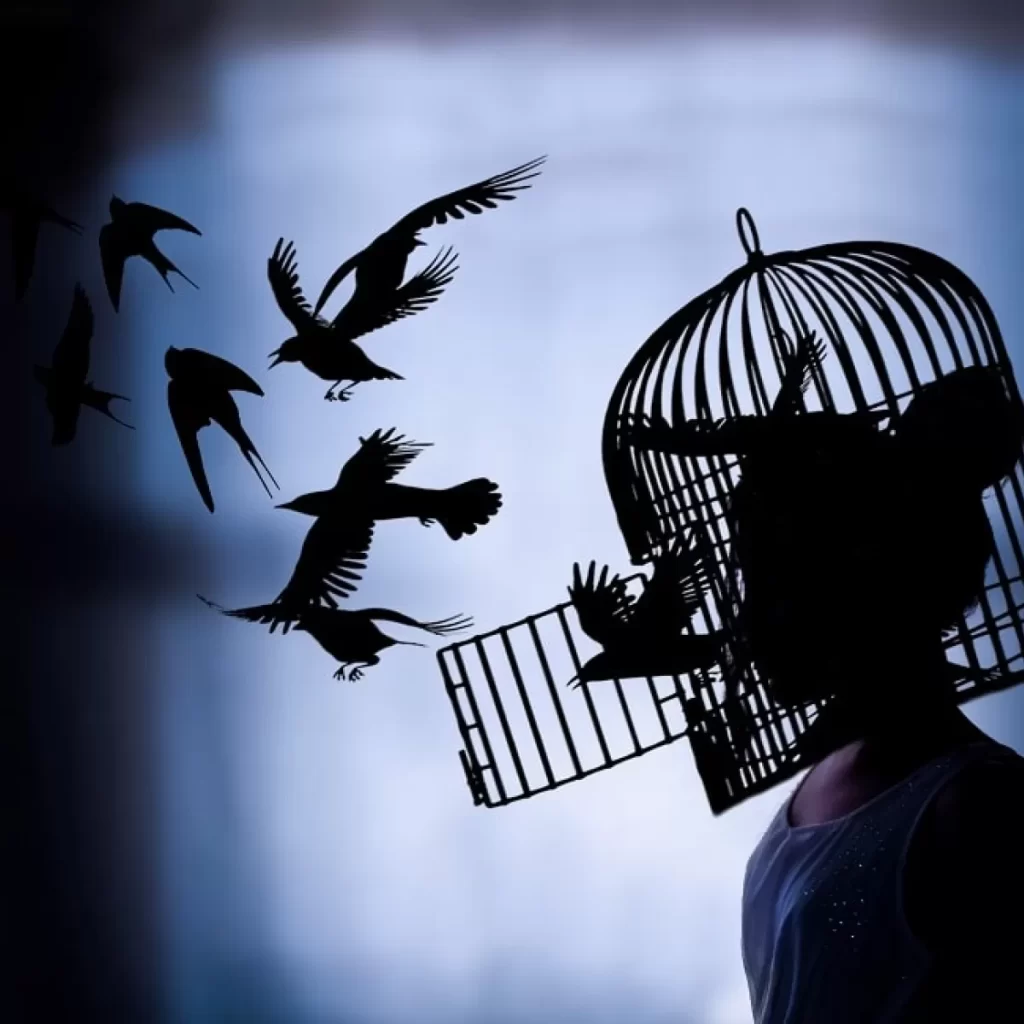SINDH COURIER

Catharsis is a neutral state of emotional balance. It needs goodness of character to let it remain in operation
- No balance can return to your mind, no joy, and no catharsis of emotions, until you do good to society, to nature, and to the earth.
Dr. Jernail S. Anand
When we see a tragic event enacted on the stage, we encounter the purgation of the feelings of pity and fear, which gives rise to a catharsis. Catharsis is a state in which human emotions are in a balanced state. In other words, it can be called a state of evenness, in which we experience, neither joy nor pain, but a feeling of evenness pervades our mind. Pity and fear, or the emotions which related to fear, jealousy, anger, and even joy have the power to stir our mental and moral systems. And they bring man into a twisted emotional state. Joy ruffles us, so does unhappiness, misery and pain. These are natural states of mankind. Catharsis is a state in which emotions have an easy flow.

Greek theoreticians have confined this word ‘Catharsis’ to tragedy. The tragedy which they conceive of is an all- out tragedy in which man’s follies and a malignant fate are actively participating. Such tragedies are rare and happen once in a while to kings and princes. If we confine tragedy to people of higher status, as Aristotle does, I think it is a grave injustice to the idea, because, tragedy, if it is to maintain its human characteristics, can strike anyone and in any measure. It is wrong to construe that when tragedy strikes, the hero must meet his end. Only then a flood of relief will flow. It is a misconceived notion, because, death in such cases is rare, or mostly contrived by theoreticians who are out to prove a hypothesis.If we relate the idea of tragedy to ordinary life, we can see a million tragedies taking place to everyday and all the time. And it may be a revolting revelation for Aristotle that most of the people, do not die in the process, rather they keep alive, and keep suffering too. Death does not come to deliver them of their mental stress and misery. Fate is neither that revengeful, nor that cruel, if we come to consider the ‘Bhagvad Gita’ theory of ‘Karma’. How can fate be an outside agency as Greeks think? Fate is the sum total of the good and evil actions we do in our previous incarnations, which then becomes incumbent on us, and irresistible too. If we read ‘action’ for our ‘fate’, we can simply come to the conclusion that nobody can escape the fall out of his own actions.
If you want to remain in a state or eternal catharsis, you have to remain vigilant, and evolve into a consciousness which is always thinking good of the cosmos.
Even if we know we are wrong in doing something, still the fall out cannot be determined, because, it is the gods who take over, once a man has undertaken an action. While thinking of action, I sometimes go to the extent of believing that a thought is an action in waiting, and gods are always very eager to give weightage to what men think before they actually act. For example, if the intention is good, but the act is bad, the man will not be punished for the wrong done by him.

In this way, gods are supervising and monitoring not only what we are actually doing, but also what we think. And, for man, this is a dangerous domain. Because, gods know why a man has done a good deed. It often happens, we are undertaking certain good acts only to look good and kind. And, it is no surprise, gods do not give much weight to things done with an explicit or implicit purpose. For them, good actions are those which are done with an unattached mind. Or, in other words, when doing good is your nature, and you are not doing good to gain something from the world or gods, only then, your good will be considered good. Otherwise, you are a calculating fool, and gods understand the game too well.

Let us get back to the idea of catharsis. It is a neutral state of emotional balance. It needs goodness of character to let it remain in operation. Otherwise, a few acts of goodness may help you feel good, but only for a limited time. The truth is that we are always trying to do something so that we could be happy. In other words, we are always searching for this prized state. But, here again, is a catch. No balance can return to your mind, no joy, and no catharsis of emotions, until you do good to society, to nature, and to the earth. If you want to remain in a state or eternal catharsis, you have to remain vigilant, and evolve into a consciousness which is always thinking good of the cosmos.

Dr. Jernail Singh Anand, President of the International Academy of Ethics, is author of 167 books in English poetry, fiction, non-fiction, philosophy and spirituality. He was awarded Charter of Morava, the great Award by Serbian Writers Association, Belgrade and his name was engraved on the Poets’ Rock in Serbia. The Academy of Arts and philosophical Sciences of Bari [Italy] honoured him with the award of an Honourable Academic. Recently, he was awarded Doctor of Philosophy [Honoris Causa] by the University of Engineering and Management, Jaipur. Recently, he organized an International Conference on Contemporary Ethics at Chandigarh. His most phenomenal book is Lustus: The Prince of Darkness [first epic of the Mahkaal Trilogy]. Email: anandjs55@yahoo.com
